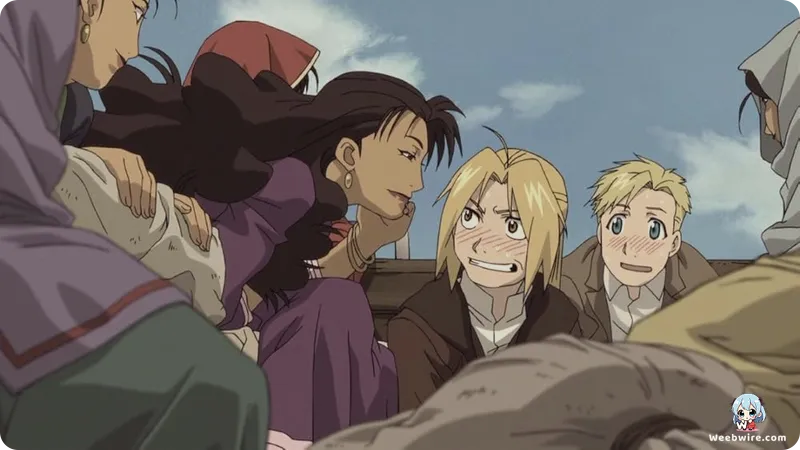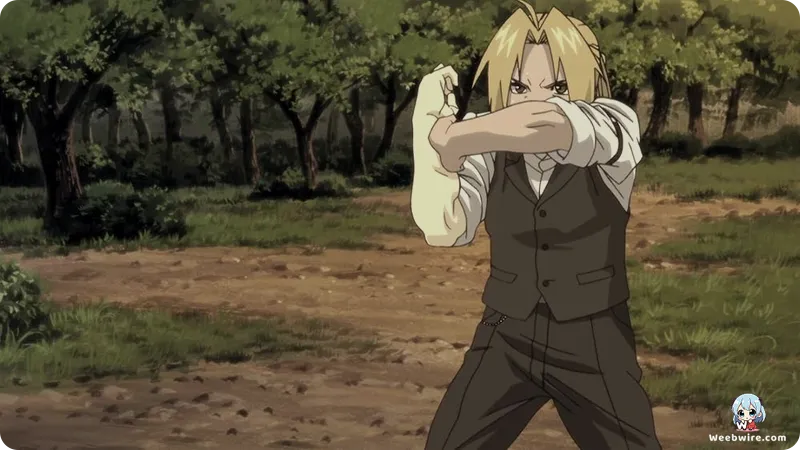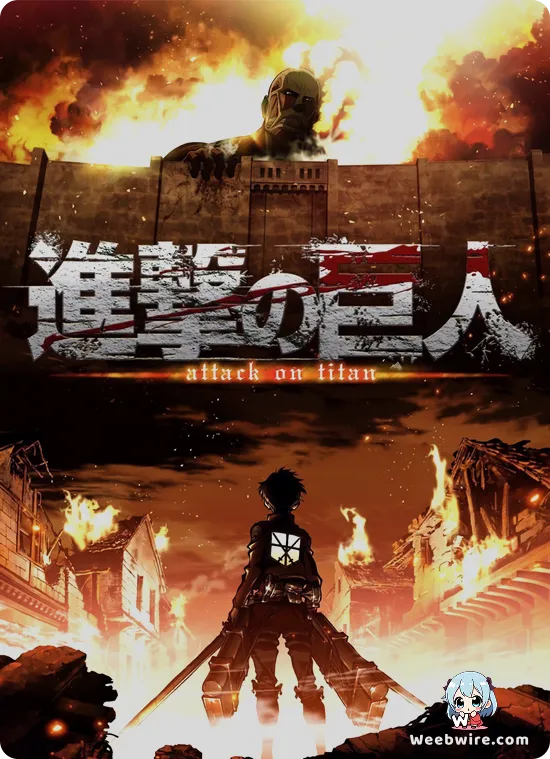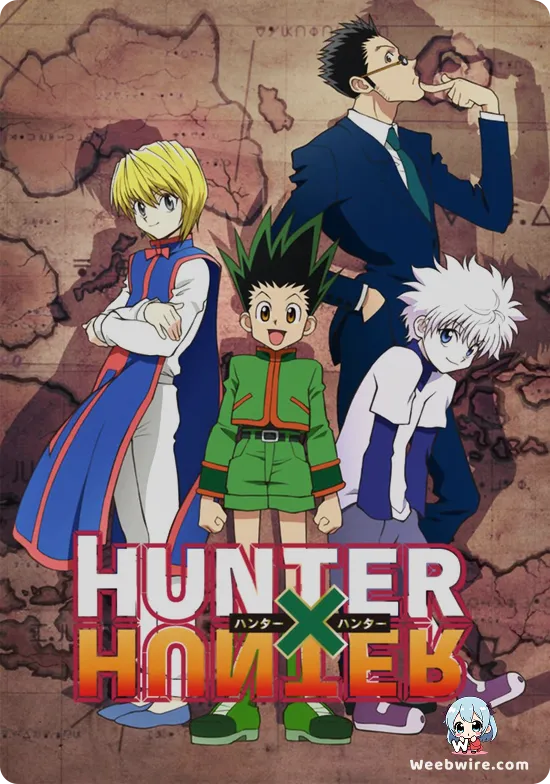Fullmetal Alchemist: Conqueror of Shamballa – Unveiling the 2003 Anime's Epic Alternate Ending and Historical Crossroads

For fans of the original 2003 Fullmetal Alchemist anime, there is a cinematic masterpiece that serves as a definitive, yet often overlooked, conclusion: Fullmetal Alchemist: The Movie - Conqueror of Shamballa. Released in 2005, this film is far more than a simple spin-off; it is the meticulously crafted, conclusive sequel to the beloved series, offering a unique alternate ending developed by Studio Bones. It bravely diverges from the manga's storyline, propelling its protagonists beyond the familiar lands of Amestris into an entirely different, historically charged reality.
The film's most striking innovation lies in its setting. Two years after the 2003 series finale, Edward Elric finds himself unexpectedly trapped in a parallel-world Germany, specifically in 1923. This is not a fantastical realm, but a nation on the precipice of historical upheaval, still reeling from the aftermath of World War I and the ominous rise of extremist ideologies. Conqueror of Shamballa masterfully integrates real-world elements, such as the Beer Hall Putsch and the enigmatic Thule Society, grounding its narrative in a gritty, thought-provoking reality. This powerful blend allows the film to deeply explore core Fullmetal Alchemist themes: the devastating impact of war, the insidious nature of prejudice, and the true, often terrible, cost of power.
The narrative truly shines in its exploration of parallel-world character dynamics. Edward, now stripped of his alchemy, forms an unlikely partnership with a doppelgänger of his father, Hohenheim, who in this reality is a rocket scientist. This 'other' Hohenheim provides a poignant reflection on Ed's complex paternal relationship. The film further delights audiences with doppelgängers of other fan favorites, including Izumi Curtis, Winry Rockbell, and King Bradley. Their altered lives add layers of emotional resonance and offer subtle, rewarding nods for keen-eyed fans of the series.

Studio Bones, the acclaimed studio responsible for both Fullmetal Alchemist anime adaptations, showcased unparalleled creative vision with this film. Having already taken the 2003 series in an original direction, the movie presented them with the opportunity to deliver a definitive, self-contained conclusion to their unique storyline. This creative freedom allowed for a deep dive into mature themes, all enhanced by exceptional animation, fluid action sequences, and evocative character expressions. The climactic battles, particularly the dramatic clash between worlds, stand as a testament to Bones' unwavering commitment to high-quality cinematic storytelling.
Michiru Oshima's powerful and atmospheric musical score, mirroring her acclaimed work on the 2003 series, further elevates the entire experience. Blending orchestral grandeur with traditional Japanese elements, the soundtrack perfectly captures the film's dual nature, seamlessly transitioning between fantastical alchemy and the somber backdrop of 1920s Germany. The music itself becomes a character, intensifying moments of suspense, drama, and ultimate triumph.
Ultimately, Conqueror of Shamballa remains deeply rooted in the franchise's profound questions concerning humanity, scientific ethics, and the devastating consequences of war. By juxtaposing the fantastical world of alchemy with an industrial era on the brink of global conflict, it offers a powerful commentary on destructive impulses that transcend realities. The unwavering bond between the Elric brothers serves as the emotional anchor, a powerful reminder that family connection endures even amidst grand historical events. For fans of the original 2003 series, this film is an essential, visually stunning epilogue, a fascinating 'what if' that solidified the original anime's distinct legacy. Its unique blend of fantasy and historical drama ensures its place as a standout entry, well worth revisiting for its intricate plot and ambitious scope.
Credits
Fullmetal Alchemist: The Movie - Conqueror of Shamballa
Author
Hiromu Arakawa
Cover Art
Yoshiyuki Itou (Character Design)
Studio
Bones
Publisher
Square Enix
Producers





